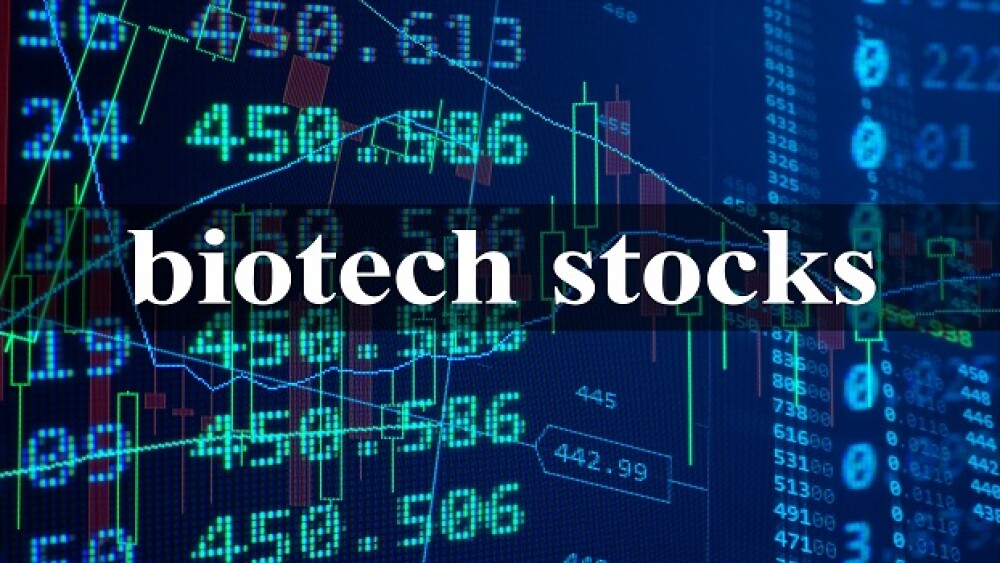It may not seem like it, but biotech stocks are actually up over the past year. The iShares Nasdaq Biotechnology ETF (IBB) is up about 4%--nothing to write home about, but hardly a disastrous performance.
It may not seem like it, but biotech stocks are actually up over the past year. The iShares Nasdaq Biotechnology ETF (IBB) is up about 4%--nothing to write home about, but hardly a disastrous performance.
Not, that is, until you realize that semiconductors are up 23% in the same timeframe. Tech stocks (as measured by the NDXT Nasdaq 100 Tech index) are up over 20%. Heck, the stodgy Dow Jones Industrial Average is up 14%!
So what’s ailing biotech? By most objective measures, times are pretty good. Looming threats of drug price controls are all but gone. Approvals are up at a generally friendly FDA. After a serious hiatus in 2016, M&A activity is on the rise. And while there have been some notable recent clinical failures, there have also been some remarkable successes.
Complaining that markets are “wrong” or unfair is a waste of time, of course, but there may be an opportunity waiting here.
Consider the valuations. Real GAAP earnings are distorted right now by large one-time adjustments many companies have made related to tax reform. So instead, let’s take a look at what really counts: Cash flow. The four biggest biotechs—I’m counting Amgen, Gilead Sciences, Biogen Idec, and Celgene—trade at multiples of their trailing free cash flow ranging from 9.2 (Gilead) to 15.5 (Biogen), for an average of 12.4. Throw in faster-growing up-and comers like Regeneron, Vertex Pharmaceuticals, and Alexion and the average shoots much higher, but it still sits at 24.0.
The S&P 500, in contrast, is trading at about 29.8 times trailing free cash flow.
To take another quick cut, the biotech industry as whole is trading at 14.3 times EBITDA (that’s earnings before interest, tax, depreciation and amortization, counting the 150 companies with positive EBITDA to report). That’s not a historic low, but it hasn’t shown much movement since the doldrums of 2016 and is well below where we stood in 2014.
It is a little higher than the S&P’s average of 12.6, but the point is that the biotech sector isn’t typically slugging it out with consumer staples and basic materials when it comes to valuation.
So why are we here? That’s a question we can probably only answer with hindsight. But valuations suggest the market is expecting decelerating growth in the sector—to a greater extent than I think is actually likely. One possible recent factor is fear of a trade war with China that spreads to our own allies in Europe and elsewhere, brought about by steel and aluminum tariffs. While this is a concern, particularly for the larger pharma companies that are counting on China in particular for a fair bit of their growth, it’s hard to see at this point how biotech would be disproportionately affected.
But one clear factor—certainly one thing weighing on the blue-chip companies I mentioned above—is fear of competition from generics, biosimilars, or just alternative products. This concern actually has something in common with the trade war issue--because it highlights how America is going its own way, for better or worse.
I suspect hindsight will show that, wherever the market goes from here, the relative discount on biotech won’t last.





